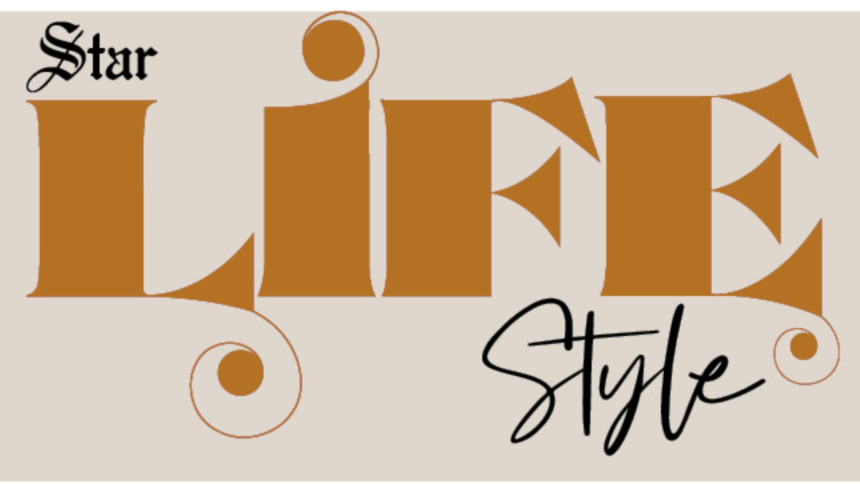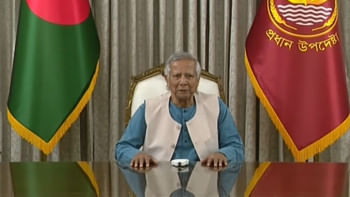For the laughs

The stand-up comedy scene in Dhaka is a hot shot rookie with stacked odds and hedged bets against it; it's Rocky Balboa with a get-back-up-again philosophy.
The scene has not developed to an extent where it would allow for one to exclusively pursue stand-up comedy as a profession. Almost all the stand-up comedians in Dhaka have a second or even a third job. Both in terms of financial sustainability and societal acceptance of the profession, there is still a long way to go.
When asked about it, stand-up comedian Naveed Mahbub said, "It's not easy, it's a lot of hard work, and even after putting in the effort, things may not work out the way you would expect them to, like in more traditional career paths like engineering or medicine. So, if you want to pursue it as a career option, you really should think about whether or not you will be able to sustain yourself in the future, otherwise, you may end up quite unhappy."
Ahmad Ashik is a barrister and renowned professional comedian. When asked what made him pick stand-up as a career option, he replied, "It's passion. It would only be called a career if I earned from it. "
"Stand-up comedy is not taken as a serious art form," he added. "There's a lot more work to do with the scene."
In Dhaka, the arenas for performances are located primarily near Gulshan, Banani and Dhanmondi, with some occasional stages at Uttara. The venue 3rd Space has spread a notable amount of buzz around the city, with plenty of open mics for newcomers to test their mettle.
There is also a demographic split which determines the preference for the type of comedy, choice of comedian and the kind of content said comedian would choose to dish out. Ashik categorises it as, "For Dhaka, I would say there are three types of scenes in the country; the Gulshan scene — you can be liberal but they get offended very easily. The youngsters, who are okay with pretty much everything, and the "murubbi crowd" — they like you to be clever but you can't be vulgar or too political. The murubbi crowd likes it safe."
In comparison to other forms of art, the demand for stand-up seems to sit in-between the higher demand for music and the relatively lower demand for poetry.
Akhlaq Siddiqi has been in the comedy scene for over a year, with diverse experience from two radio shows, online comedy content through videos, satirical comedy and musical parodies. He adds, "I have seen a lot of open mics where the crowd went for the music, but stayed for the comedy."
Providing an alternate side to content censorship, Ashik added, "I think as long as it's funny it's fine. Being offensive is subjective. I like pushing the boundaries for myself and the audience as well."
Comedians have always blurred the lines between what ought to be said and what goes on the mic. In turn, there has been great satire, platforms for individuals to speak out in times of restrictive media, and the truth in a palatable or relatable format.
On the other side, many comedians have had to apologise for the content that they had worked around years after having said it, due to the shifting nature of what is morally acceptable, even in the form of a joke.
The idea then remains a double-edged sword as no one can accurately say what needs to be spoken of and the things which are discriminatory in some sense or the other.
Perhaps, as long as one speaks truth to power, or in favour of the weak and not those standing higher in the power dynamic scale, it should be acceptable. After all, there should never be a thing such as reverse racism.


 For all latest news, follow The Daily Star's Google News channel.
For all latest news, follow The Daily Star's Google News channel. 



Comments